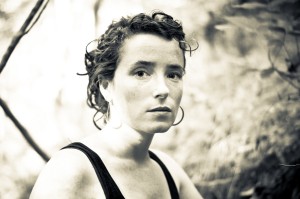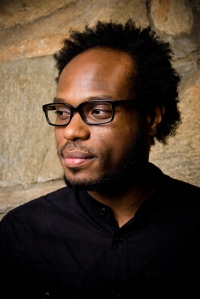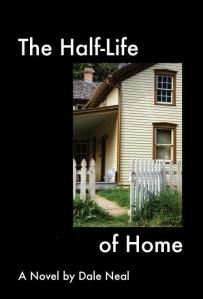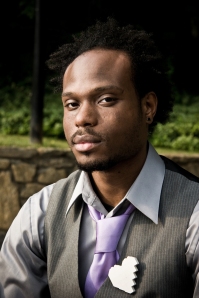Rose McLarney (poetry, ’10) has been named winner of the 2013 George Garrett New Writing Award for Poetry. She is the author of the book of poetry, The Always Broken Plates of Mountains, published by Four Way Books.
She will receive the Garrett Award during the Celebration of Southern Literature, produced by the Southern Lit Alliance. The event will take place April 18 to 20 in the Tivoli Theatre in downtown Chattanooga.
“We are pleased to present Rose McLarney with the 2013 George Garrett New Writing Award for Poetry,” said Allen Wier, FSW Chancellor. “Giving awards to and recognizing distinction in literary writing is central to the Fellowship’s purpose.” Founded in 1987, the Fellowship of Southern Writers recognizes and encourages excellence in Southern literature.
DOMESTIC
from The Always Broken Plates of Mountains
The sows are in heat, squealing and pink.
The wild boar comes from the forest
to batter at their pen.I go out and smash the ice
on the trough. The water
breaks free. This takes
a pick ax. Wielding it, I feel wild.But the only strength in this story
is the fences’. Not even boars are wild –
imported for hunting a hundred years ago,
crossing the sea in a rich man’s crate.When I hang up the pick ax
it freezes to the nail, clinging as I do,
making my living elsewhere andreturning to farms after sunset,
the barns symbols
just discernable in the dark.











